5 Ways Fundraising is Like Baseball
Posted Jun 23, 2015 by Ben Mohler
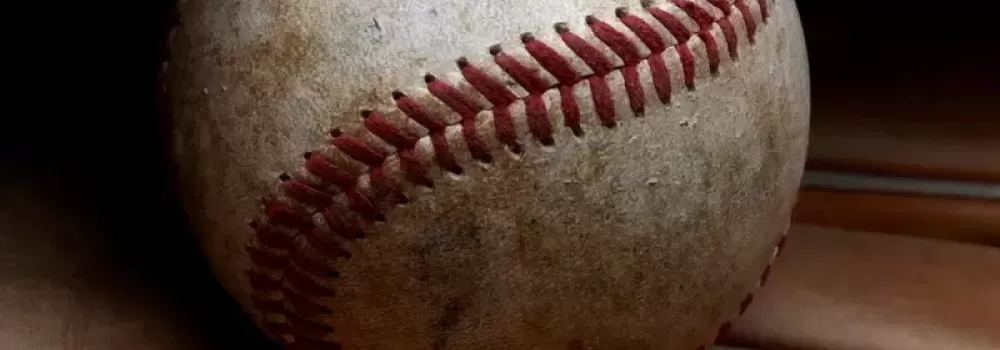
"Love is the most important thing in the world, but baseball is pretty good, too." - Yogi Berra
As I entered my new role at Eastern Kentucky University, I knew it was important to lay the groundwork for the new team. To do this, we took a trip to the Great American Ball Park, home of the Cincinnati Reds. During the trip we explored baseball as a metaphor to understand the profession.
Consider these five ways that fundraising is like baseball. For your own use, some team discussion questions are provided at the end of each section. Please share any comparisons you have seen from your time in the "field."
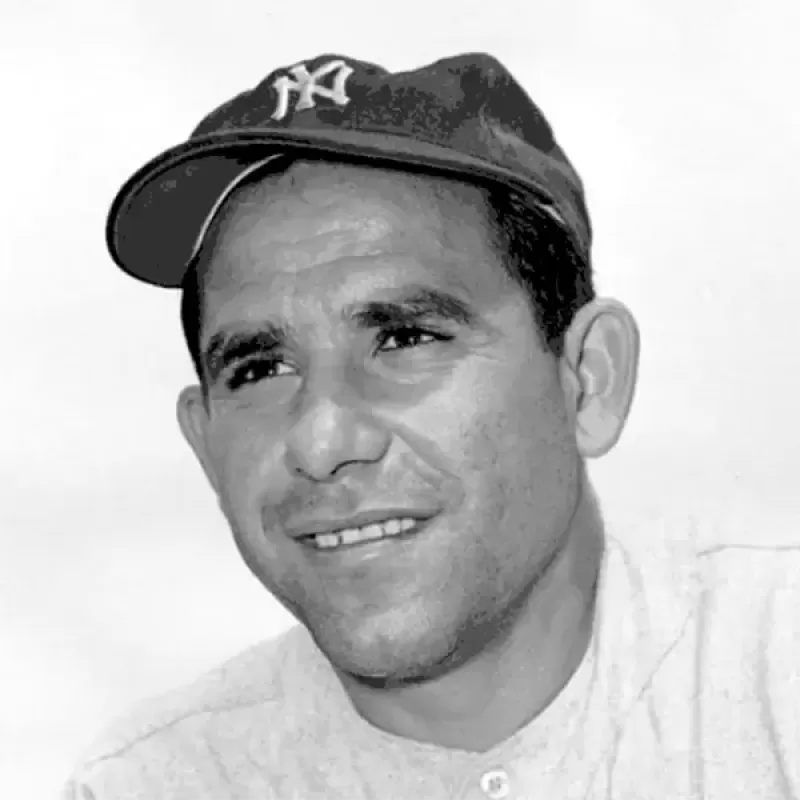

You can observe a lot just by watching.
1. There's no shame starting in a farm league
Entering the profession usually starts in the trenches. Learn the ropes by watching more experienced players. Slowly get playing time.
Similarly, fundraisers typically start out as a development assistant or in annual fund. These roles have the responsibility of lots of travel—with relatively few major gift asks AND lots of phone calls and writing. These roles are both important. They force you to learn the importance of fundraising theory through repetition and practice of the fundamentals. Professional practice will reinforce proper mechanics… which will eventually be replaced by experience and success.
- How did you start in fundraising?
- How did that early experience shape your work today?
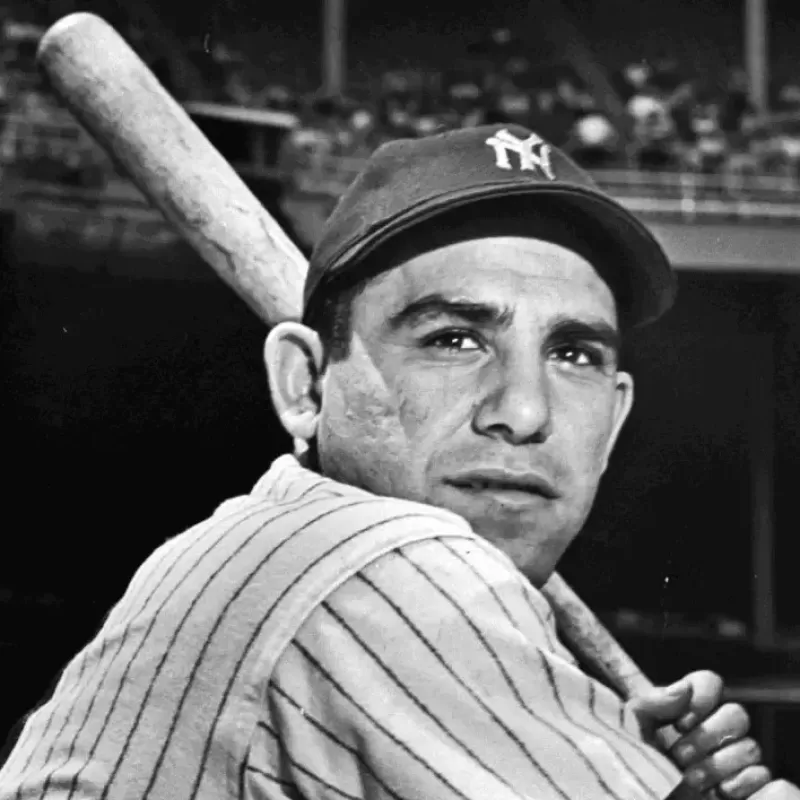

In theory there is no difference between theory and practice. In practice there is.
2. Don’t underestimate the importance of warming up
There is a reason each baseball season starts with spring training. Baseball and fundraising are both learned skills. Left unused for long periods, these skills can atrophy.
Because of this, we emphasize the importance of on-going professional development training, webinars, role-playing exercises, as well as discussing fundraising ethics, best practices, and new trends in our field. No matter how good you are, everybody is expected to take part in “warm-up exercises.”
I'm new to Kentucky, but one thing I quickly learned is this is a basketball state--here's a more fitting reference. Don’t be the Alan Iverson on the team.
- What forms of training have you found to be most beneficial?
- How to you prepare for a visit/ask?
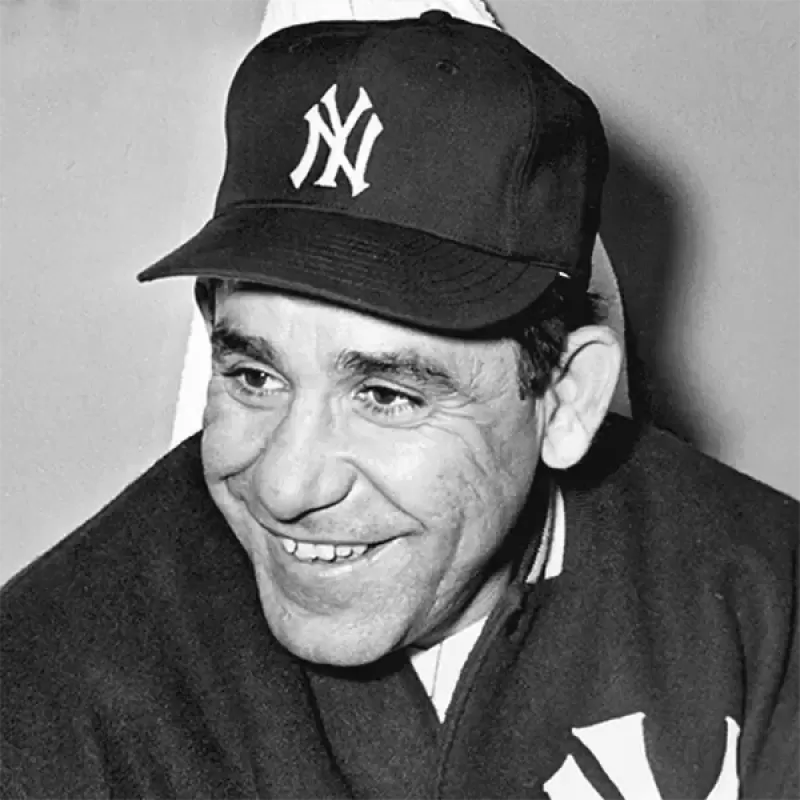

When you come to a fork in the road, take it.
3. Stand in the batter’s box, wait for your pitch
Enter the batter’s box like you own the place. When the pitcher tries to brush you back with a heater inside, stand your ground.
Confidence goes a long way with donors. So does patience. Wait for the right opportunity and be ready when it arrives. But be careful, don’t fall prey to waiting for the “perfect pitch.” Translation, don’t strike out looking! If you get an opening to secure a visit or make an ask, do it. The worst that can happen is you’ll get hit by the ball... but at least you’re on base, and in the game.
- Tell of a time when you stood your ground on a donor strategy and saw success.
- Has there been a time when you took a swing and came up short? What could have been done differently?
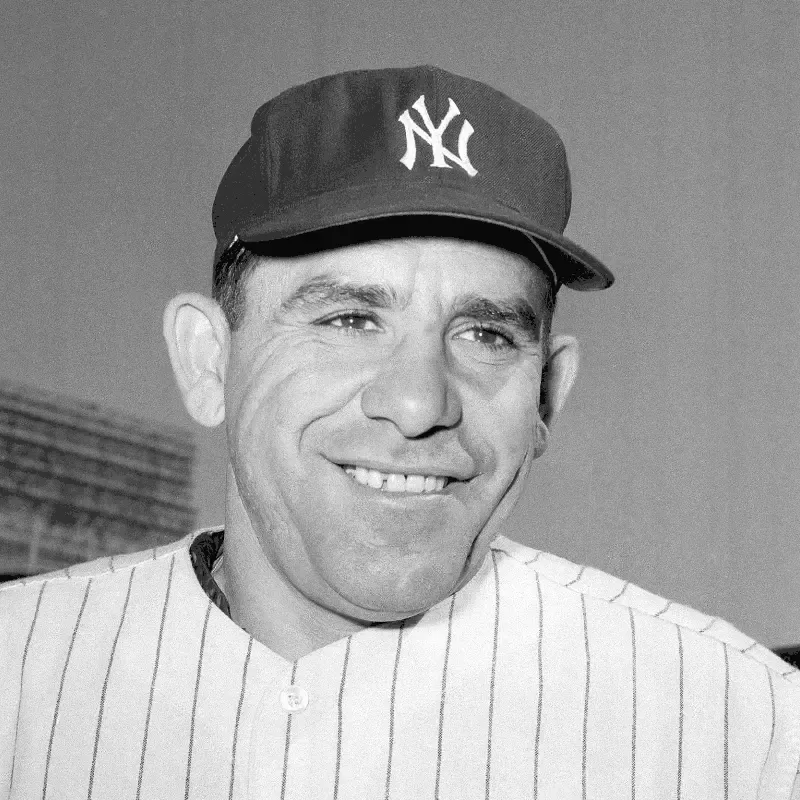

Baseball is ninety percent mental and the other half is physical.
4. Don’t just swing for the fences, RBIs are important too
Home runs get all the attention. But, team members with consistent batting and solid fielding really lift the team.
This is why we balance portfolios with donors at all stages and giving levels. Each member plays a role, but it is important to play as a team. When you’re down, your team lifts you up. You may not be hitting home runs each time you’re at bat, but make your contacts, move folks along in the process, and keep a positive attitude… soon you’ll find your hitting streak.
- What “small ball” skills do you bring to the team?
- What are a few ways you can help a team member that is in a slump?
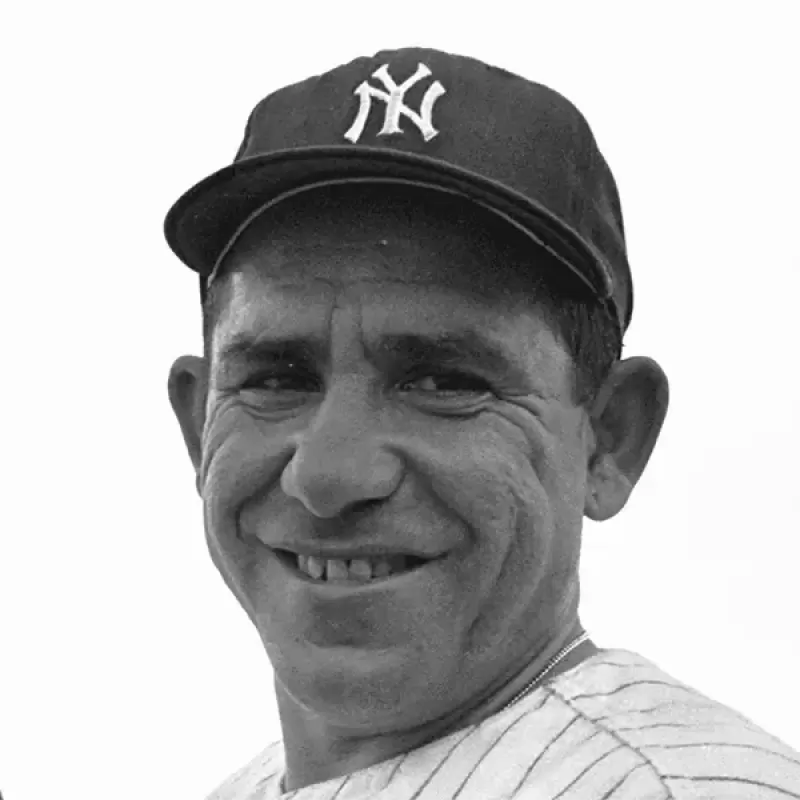

If you don't know where you are going, you might wind up someplace else.
5. The game is one of an entire season, statistics help define your strategy
Games are slow-paced and methodical. Strategy plays a key role and helps you keep focus. Past results can help predict future outcomes.
Because of this we track our performance so we can use data to drive our decisions. This is why we develop strategies for each prospect. This plan helps us understand where we started, where we are trying to go, and how we’ll get there. Our constituent database is our institutional memory. In the view of Eastern Kentucky University, if it isn’t in the database, it didn’t happen. There is a lot of truth to this. Without this data, how can we make informed decisions on where donors intend to go?
- Name some things we can tell from a constituent’s long-term giving history?
- Have you ever scored a baseball game?
Reference
Content and concepts originally presented at the AFP Bluegrass Chapter meeting on June 17, 2015. Session titled: 5 Ways Fundraising is Like Baseball
